Shoulder
Shoulder Joint Replacement
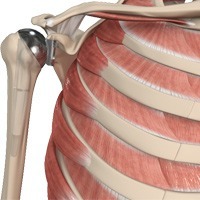
The shoulder is a highly movable body joint that allows various movements of the arm. It is a ball and socket joint, where the head of the humerus (upper arm bone) articulates with the socket of the scapula (shoulder blade) called the glenoid. The two articulating surfaces of the bones are covered with cartilage, which prevents friction between the moving bones. The cartilage is lubricated by synovial fluid. Tendons and ligaments around the shoulder joint provide strength and stability to the joint.
Arthroscopic Decompression
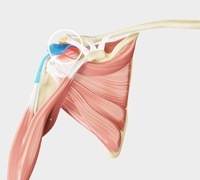
A subacromial decompression is a surgery performed for patients with shoulder impingement. Impingement is one of the most common causes of pain in the shoulder. It results from pressure on the rotator cuff from part of the shoulder blade (scapula) as the arm is raised to the shoulder height.
Shoulder Arthroscopy
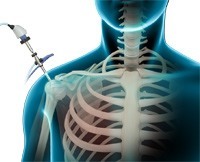
Arthroscopy is a minimally invasive diagnostic and surgical procedure performed for joint problems. Shoulder arthroscopy is performed using a pencil-sized instrument called an Arthroscope. The arthroscope consists of a light system and camera to project images to a computer screen for your surgeon to view the surgical site. Arthroscopy is used to treat disease conditions and injuries involving the bones, cartilage, tendons, ligaments, and muscles of the shoulder joint.
Arthroscopic Stabilization of Shoulder
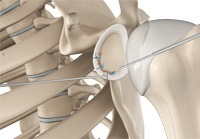
Arthroscopic stabilization is a surgical procedure to treat chronic instability of shoulder joint. The shoulder is the most flexible joint in our body making it more susceptible to instability and injury. Shoulder instability occurs when the head of the humerus (upper arm bone) dislocates from its socket (the glenoid) as a result of a sudden injury or overuse.
Arthroscopic Excision
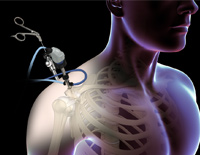
Coming soon
Arthroscopic Release
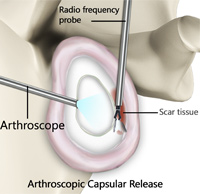
Coming soon
Arthroscopic Decompression and Calcium Excision
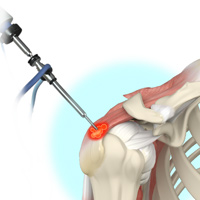
Coming soon
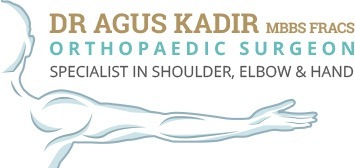
 Menu
Menu






